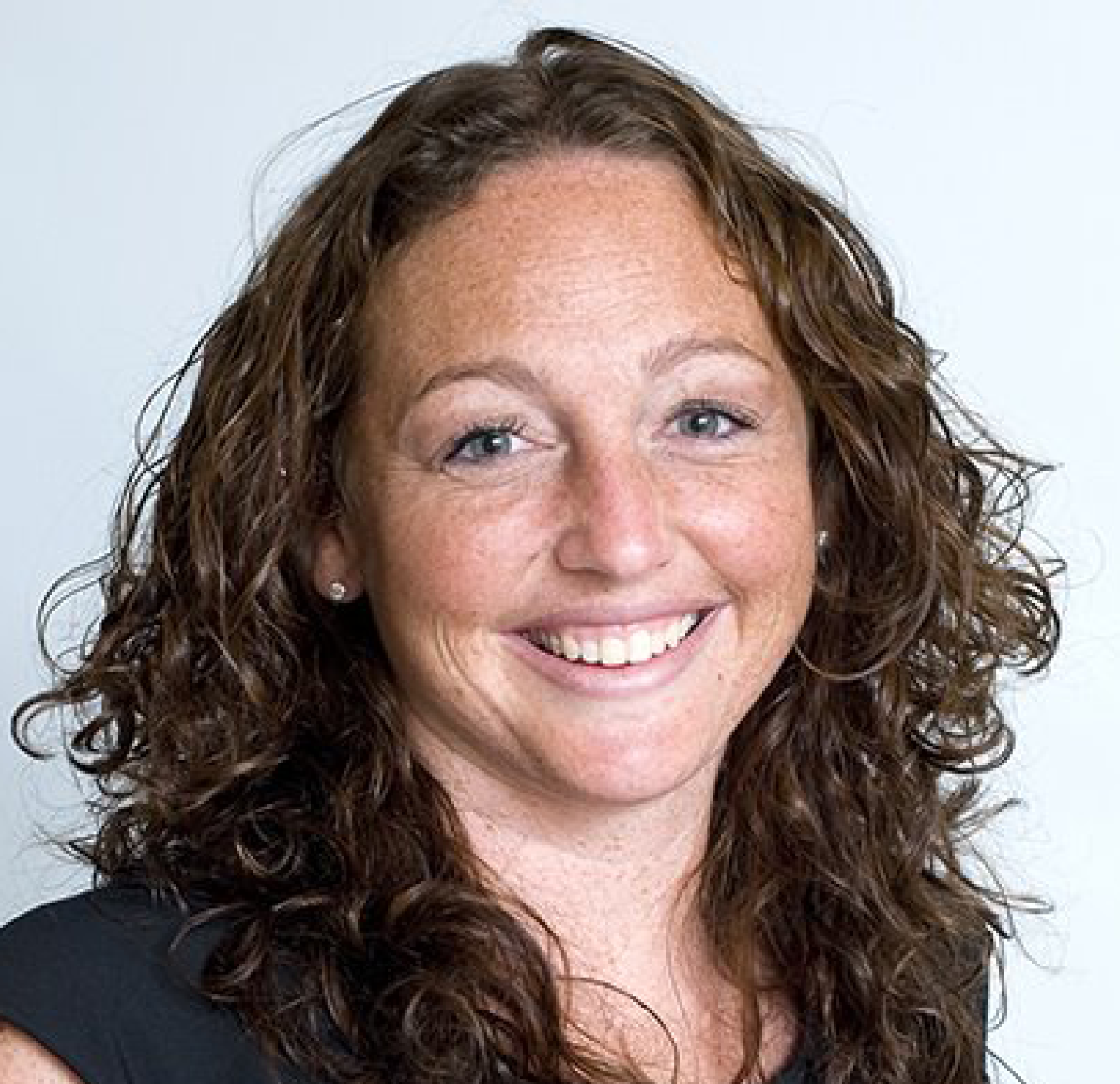At Massachusetts General Hospital, physician coaching reaches beyond the 1:1 relationship to benefit the organization

Kerri Palamara McGrath, M.D.
Massachusetts General Hospital
Department of Medicine
Director, Center for Physician Well-Being
Director, Physician Coaching Program
What is your organization doing to improve employees’ experiences, address burnout and grow the workforce?
There's so much opportunity to learn and grow from the experience of the past couple of years. We are learning from each other and collaborating now more than before, but it's early yet. Many people are still struggling and may not have energy for new opportunities. We need to make sure we’re meeting people where they're at and designing resources to support their needs.
Physician coaching pilot yields data about effectiveness and themes
Around this time last year, we began a physician coaching pilot with the Mass General Physicians Organization designed as a randomized controlled trial. We enrolled 100 physicians to work with other physicians at the hospital, all of whom are certified coaches. Half of them immediately started working with a coach twice a month on Zoom, and the other half started three months later. The data we’ve seen from early surveys show significant declines in burnout in the coached population compared to their own baseline and to their non-coached peers, with improvement in work engagement, self-valuation and self-fulfillment.
We are also studying the coaches’ experience. All have said they would consider coaching again in the future. In the pilot, coaches add the sessions to their existing commitments and receive a stipend for their time. The future goal is for coaches to have protected time for this work. There is no cost or compensation for physicians who receive coaching in the study.
We are also collecting data on the themes that are being addressed through coaching, which are quite variable. We offer guidance about what to expect in the process, but we don't prescribe what the coaching is for; we are letting people come to that on their own. Some are working on burnout, others on work-life balance, resolving workplace conflict, or developing leadership skills.
Retreats help build community and inform future support
Also, we are finding that because coaches are part of the organization, the benefits extend beyond the one-on-one coaching sessions. Our physician coaches impact every environment they're in, not just the person they're assigned to. Being a coach changes how you think and how you act. We've been able to use coaches for group coaching initiatives, specialized retreats and to help us with post-traumatic growth for the organization.
The retreats serve to bring people together and build community. They become generative events, where coaches draw out concrete suggestions for what value and appreciation would look like, what people are seeking and how they want to be supported. We have been using a semi-structured approach to supporting clinicians during COVID, which we published in Mayo Clinic Proceedings in January.
The focus is on supporting well-being, not shifting back to how things used to be
Burnout was a problem before COVID, and now it’s bigger and different. Before 2020, we primarily focused on fixing elements of the system that were contributing to burnout. Then COVID happened, and we had to shift to helping people by meeting their basic needs for support. Now we're back to a place where people know how to meet their basic needs for the most part. As an organization, we’re again focusing on creating a workplace environment that supports well-being.
I'm particularly interested in the concept of post-traumatic growth – how organizations can grow and evolve by using lessons learned and not just go back to how things used to be. How can we redefine who we are, how we function, how we communicate?